The Ministry of Education said it will conduct a complete examination of textbooks used at all school levels and deal with any issues and violations accordingly.
The move, announced late on Monday, came after textbook illustrations published by the People's Education Press caused a public uproar for being ugly and containing inappropriate material.
In addition, as parents start to closely examine the books their children read, more improper content has been found. This prompted parents and experts to call for greater scrutiny of children's books, particularly textbooks used in school.
The cartoon illustrations in math textbooks used by some primary school students caused an outcry after they were posted by netizens last week and hashtags on the illustrations became top trending topics on social media platforms for days.
Critics said the images of the students had small eyes, weird facial expressions and smiles, and some appeared to have tattoos. Readers could even see the shape of male private parts through the pants of the illustrated boys.
The ministry said an investigation team had been set up, and any problems found will be corrected immediately and those responsible will be dealt with seriously.
The People's Education Press apologized and expressed remorse, saying it would organize new expert teams to redo the illustrations.
Apart from the textbooks, netizens also found that a children's book published by Changjiang Press showed one rabbit persuading other rabbits who are timid and afraid to jump into the lake and kill themselves. The publisher told the Paper.cn it asked editors to look into the book.
In a Chinese textbook tutorial used by second graders, a picture of a Japanese soldier carrying an elderly woman during the infamous Nanjing Massacre was used to depict model People's Liberation Army soldier Lei Feng doing a good deed. Lei is a household name and cultural icon in China symbolizing selflessness, modesty and dedication.
The publishers told China News Service that they have set up a team to look into the books.
Yang Jianping, the mother of a first grader in Beijing, said the series of incidents should be a wake-up call for publishers and government authorities to give more attention to reviewing textbooks and other books used by children who lack the ability to tell right from wrong.
Textbooks should be vetted with the utmost caution and other children's books need to also conform to higher evaluation standards than regular books, she said. Parents should be vigilant and read books first to see if they contain anything not suitable for children, she said.
Zheng Wei, executive director of the evaluation and research center of children's reading and books at Beijing Normal University, said self-regulation among publishers is the first step to ensure children can read high-quality books.
Publishers should conduct all-around vetting on the ideological, educational, scientific and aesthetic aspects of the books to draw a safety line for children, he told Dazhong Daily.
Li Yuan, the mother of a sixth grader in Beijing, said while safety is the bottom line for textbooks, it is also important to improve the overall design level of textbooks used by small children to make them more fun and interactive.
The review process of textbooks should also include opinions from parents and psychologists, and children's education experts, she said.











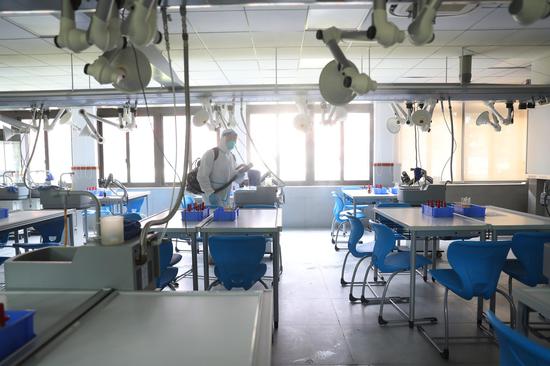
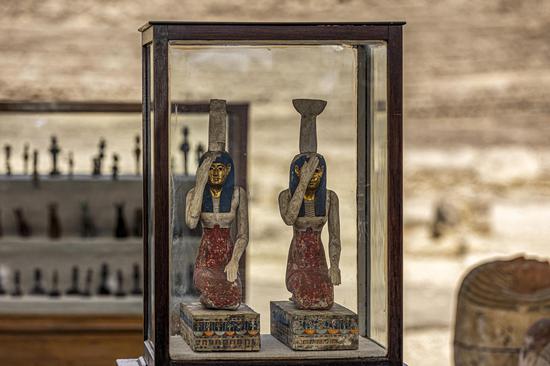


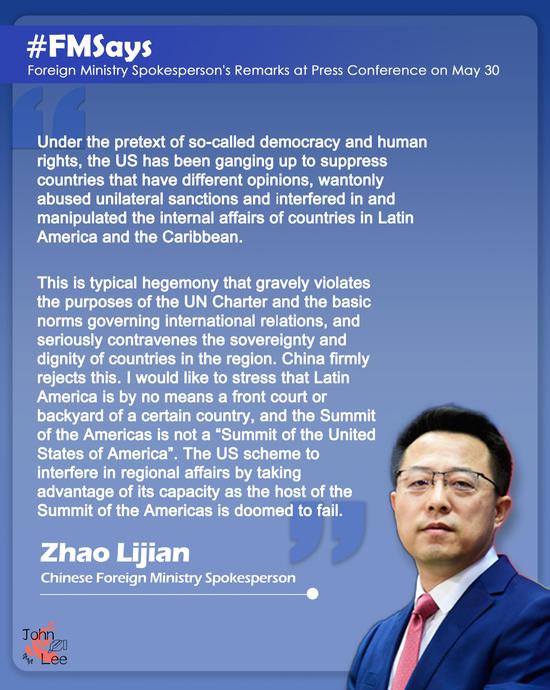
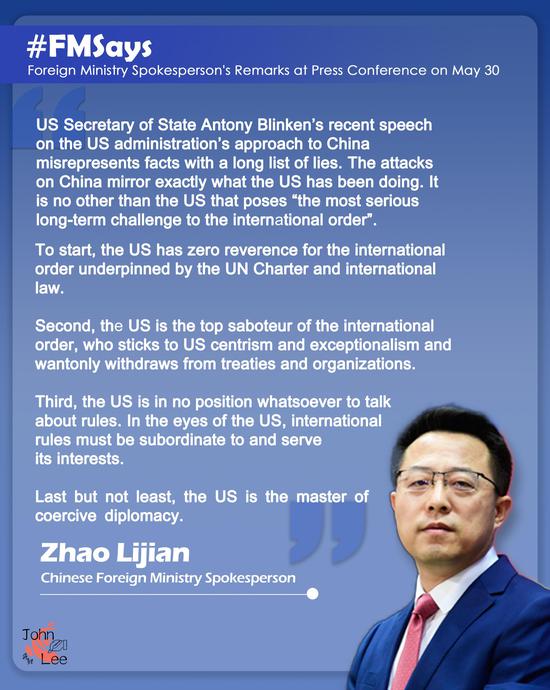
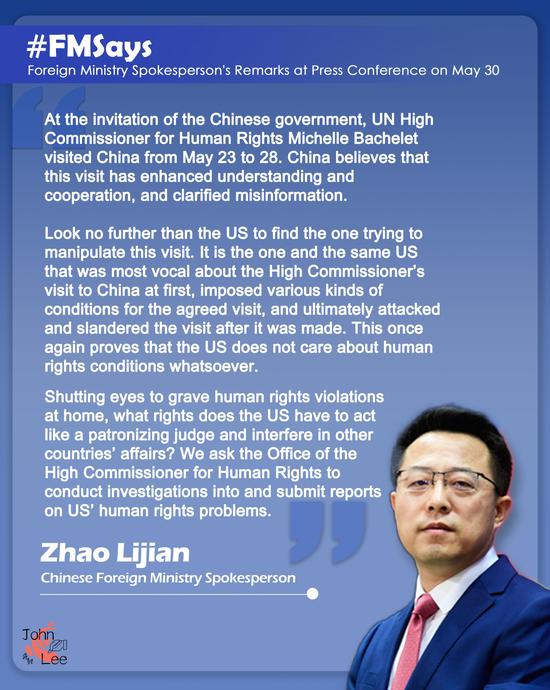
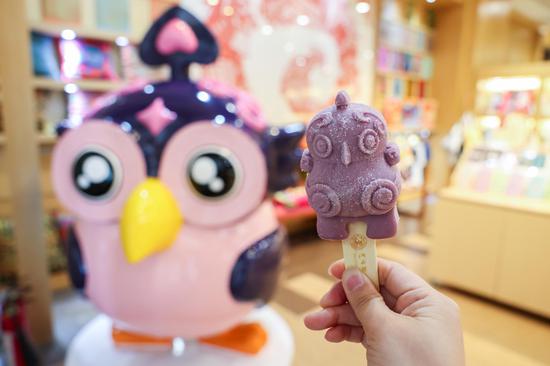
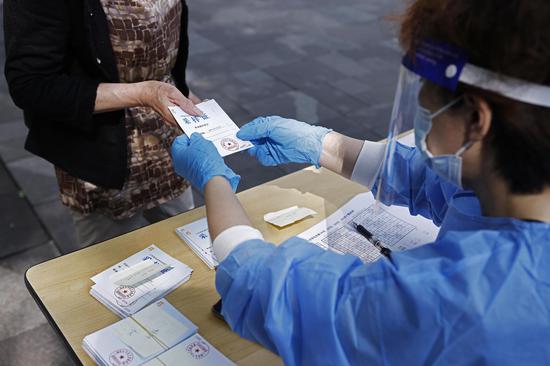


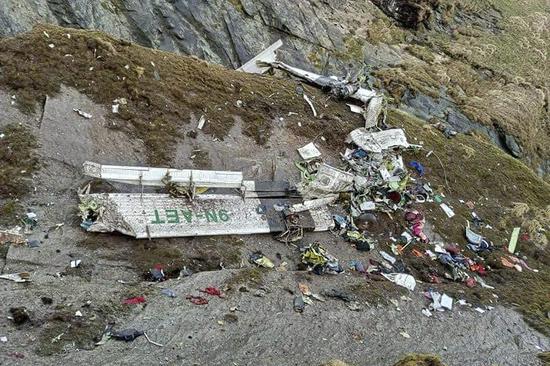




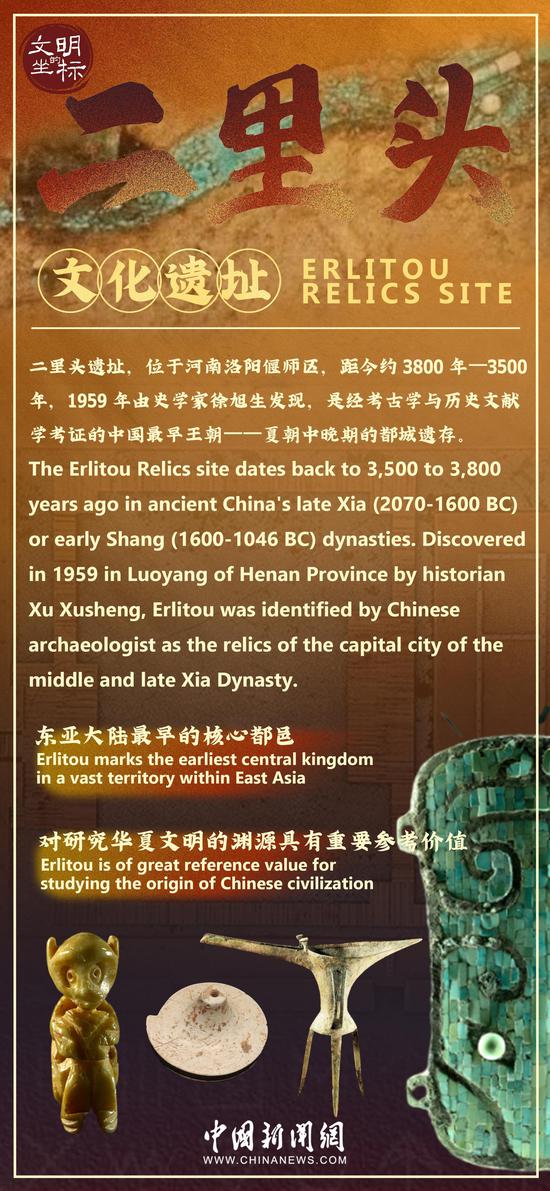

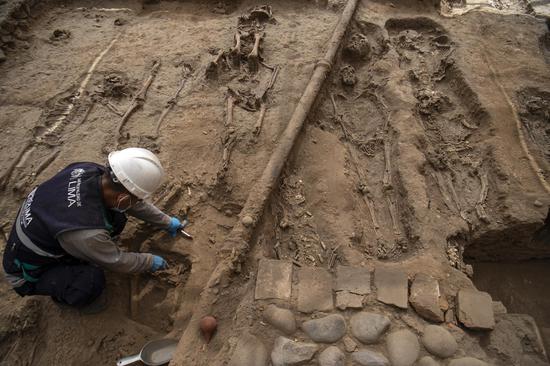

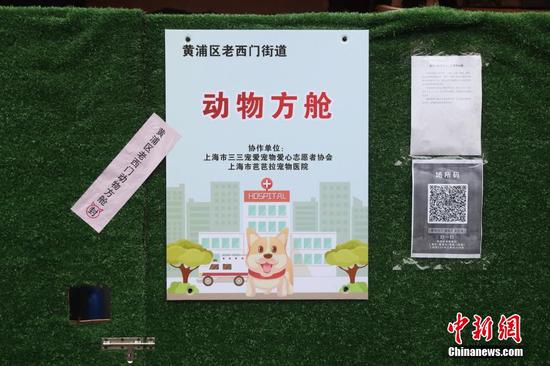
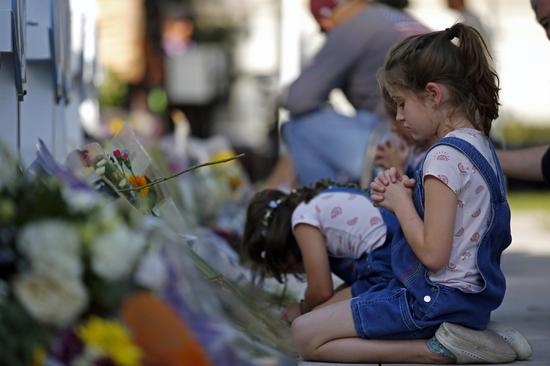




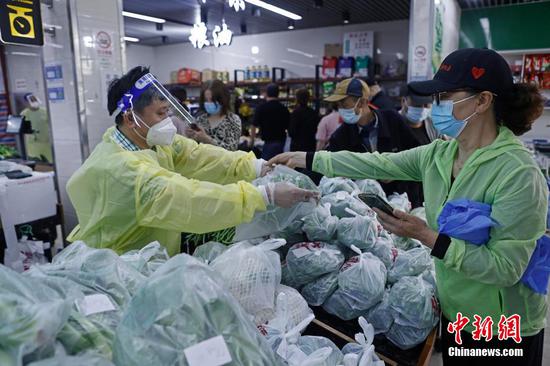



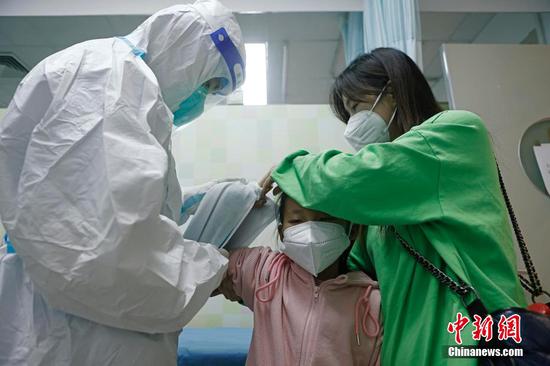








 京公网安备 11010202009201号
京公网安备 11010202009201号